Fair Weather? Absolutely…
I met Barbara Gaskell Denvil via Facebook. As one does. We’re both hist.fict writers and we actually live quite close to each other in the Australian way. She’s an hour’s flight and then an hour’s drive away from me, but that’s pretty close to being neighbours. Barbara’s a former mainstream writer who has chosen the independent route – like many others – and with her new book, Fair Weather, about to be released, I thought I should like to interview her…
Barbara, before we begin, just tell us a little about yourself.
Born in England, I grew up amongst artists and authors and started writing at a young age. I published numerous short stories and articles, and worked as an editor, book critic and reader for publishers and television companies. I broke off my literary career to spend many hot and colourful years sailing the Mediterranean and living in various different countries throughout the region.
When my partner died I needed a place of solace and came to live in rural Australia where I still live amongst the parrots and wallabies, writing constantly, for my solace has now become my passion.
With a delight in medieval history dating back to my youth, I now principally set my fiction in medieval England. I also write fantasy, tending towards the dark. Within these two genres, I now write full time.
- Elisabeth Gaskell is my all-time favourite classic writer, along with Jane Austen. What does it feel like to have her blood running through your veins?
I am truly proud of the relationship, and I love her books. She had the most incredible insight and understanding of human nature – and proves exactly how today we often underestimate those of the past, believing that they were too much a product of their society to see beyond the traditional viewpoint. She was a special person and I’m so glad you love her work. I wish I had known her.
2. At an early age, you showed a fascination and love for books. What is the first book you remember?
Now that’s an interesting question and it made me think for sometime. I would say it was either Winnie the Pooh, Enid Blyton’s The Magic Faraway Tree, or the glorious C.S. Lewis Narnia series. I was probably about 3 or 4 when I was swallowing these books with ardent admiration. I certainly remember the awe and delight I felt when the written word began to transport me from the world of wind, rain and school, into the new worlds of magic and adventure. My parents and my elder sister used to read to me, so I started with an advantage, but I quickly learned to read them all myself. It took too long waiting for someone else to transport me into fairyland.
3. You indicate an early love of the Viking era and yet you specialise in late Medieval timeframes. How did that ‘Medieval’ manage to oust ‘Viking’?
I always loved history. It seemed endlessly fascinating to me, and hence my interest in the Viking era. But then as a young girl I went to see Laurence Olivier in Shakespeare’s Richard III. What a charismatic villain! That was my very first introduction to the clothes, the characters, and the glory of the words. Then I began to dream. I suppose that sounds a little mad – and I quite accept such a criticism. But I dreamed of walking those shadowed lanes, of peering through windows where the glass was thick and almost green, peering in to see the flicker of candle flames and the people trudging upstairs to the wonder of four poster beds. My imagination was spurred onwards, but it was fact and truth that I yearned for, and so I began some serious research.
4. Do you foresee a Viking Cycle?
I have written a fantasy trilogy set in the Viking Age. This follows accurate history and my fascination with the great frozen north – but it is pure fantasy. The first two books of The Stars and a Wind Trilogy is already published on Amazon and I’d love any admirers of fantasy to have a look. I adored writing these books and my heart was ruling my fingers as I sat writing at the computer. One day I may write a straight historical fiction romance/adventure set in the Viking era, but for now I am more than happy with my ice-bound fantasy trilogy.
5. Why the fascination with Richard III? How did you feel when his remains were found? More importantly, how did you feel when a facsimile of his face was created?
My fascination actually started with the villain, but as I began to research the man and his times, I quickly realised that the tyrannical propaganda which was spread following his death actually had no basis in fact. There is very little contemporary documentation, and what little survives truly shows this man as earnest, diligent, loyal and honest. Some puzzles remain, but many of his so-called evil deeds have been satisfactorily disproved. I was enthralled when I heard the dig had begun to discover his burial site. I actually donated towards those costs at an early stage, and knew what was being attempted long before the final result. I am also friends with some who were closely involved and so had some exciting insight.
I was really interested when the facial likeness was created. I must admit I had one or two small doubts at first, but it is lovely to feel his presence, and certainly the similarity to a couple of his portraits is noticeable. Quite an exciting time for all those who find the character and his times of particular interest. Having researched in depth for many years, a sudden realisation like that can be quite amazing.
6. How do you think forensic history is changing the way we write historical fiction?
I believe most authors of historical fiction have a genuine desire to portray the truth, both of the genuine characters they follow, and also of the world around. There are exceptions to this, of course. I am very disappointed when I see well known writers disregard the facts. But it is the truth – as far as we can discover it – which inspires me to write historical fiction. But of course, the puzzles remain. Who – if anyone – really killed those princes in the Tower? What was Henry VIII’s motivation behind the execution of Anne Boleyn? So many great figures of the past remain a mystery to us, even the most famous such as Richard the Lionheart, King John, William Wallace, Edward I, Hero, Macbeth, the list is endless. Even the scant documentary evidence that does survive is often distorted by existing bias and contemporary ignorance. That is part of what makes the study of history so impelling, and the writing of historical fiction so enthralling.
7. In view of the above, can we still rely on the academic facts that we research?
Not always. And that’s both the problem and the fun of it. But naturally, we still have to do that research and I believe fervently that accuracy – as far as possible – is just as important in fiction.
8. You have had the most varied life. I envy you the experiences and the freedoms of sailing through the Middle Sea about which I myself write. How much do you think the post-motherhood nomadic life has influenced your style of writing?
That has made me think!! How interesting. Perhaps my answer would be two-fold. Firstly, I have blisteringly vivid memories of things I can now include in my writing – such as the sunsets at sea, the wild and varied coastlines, the experiences of the brine in your hair and the sun on the backs of the dolphins as they play in the bow-waves. The Mediterranean may be much changed from the medieval Middle Sea, but there is still a great deal that remains the same.
But secondly, it is the magic, the freedom and the romance that has influenced me. I dream deeper, I remember the emotions which sent me happy to bed each night, the songs of nature and the windswept skies. These are very much the same dream-filled energies which now inspire me to write fiction. I try to bring to life in words the feelings I lived back then. Life seemed twice as large and ten times more important – and that’s exactly what I wish to portray in my books.
9. You make the point in one of your articles on your blog forum, that having to ‘tweak’ a novel to an editor’s subjective view is not easy. But as you point out, we all have editors, our readers expect our work to be tweaked and it is a necessary evil. How often in your career might you have argued with the suggestions and gone on your own way?
I do believe that all authors need an editor – we are too subjective about our own work and even when we polish and re-write over and over again (as I do) – we still cannot be objective. I have some very helpful and clever Beta-readers who help me enormously, but that tweaking is still difficult at times. The trouble with finding an editor is firstly finding someone you can truly trust (anyone can call themselves an editor – you have to check) – and most important, you need to have the same aims and attitudes. I once had an editor who genuinely tried to make my historical crime-adventure-romance into a straight forward romance, wanted heavy breathing, cut and changed my personal style of writing, and had no idea whatsoever about writing historical adventure. She wanted me to eliminate or explain every tiny word and nuance, and disbelieved me when I told her I’d done enough research to know my facts. Now had we both initially agreed on a format and an aim, none of that would have happened. I think an editor is at difficulty – and so is the author – if they are both attempting to produce a totally different sort of book!
10. Your mysteries come as a surprise when you have been a writer so dedicated to history. What inspired you to become cross-genre?
I suppose, my love of books in general. I adored fantasy from a very early age. Then along came history. Later I was fascinated by crime mysteries. All those things resonate in my heart and I don’t even think of genre when I write. The plots and characters leap into my head from my dreams and my imagination – and I start writing. I love the discipline of writing historical fiction but I also love the freedom of fantasy. The stunned adoration I felt when I first read The Lord of the Rings (at a very young age) still remains with me. How I would love to bring just a little of that excitement to someone else through my writing.
11. A question from left-field: do you think writers have a finite creative life?
I think it varies but on the whole I would say no. I don’t believe the imagination dries up unless there is a medical reason. In my own case I have failing eyesight and that may stop me if I cannot find a clever computer that will talk to me and overcome the problems. No cure yet – but medical science trolls on – so anything can happen. I would hate to have to stop – I think I want to write more now than when I was younger. Authors starting out who have full-time jobs, children and domestic chores are very limited. At my age, I’m a retired soul with free-time to indulge my pleasures. Certainly some people have chosen to stop writing in old age, but that may also be because of mental impairments, failing eyesight, or other illnesses. I don’t think my imagination will ever give out. It grows!
12. What is the next piece of work we might see emerging from the pen of Barbara Gaskell Denvil?
My historical and paranormal time-slip novel Fair Weather is being published in ebook and paperback on June 2nd. This is a novel I have positively adored writing. The time-slip element is a joy to write just as I love to read such plots, because we can indulge our own delight at comparing modern times with the history we love. Interjecting the paranormal into the adventure has also been a joy – while combing that with the wonderful details of life in the 13th century and the reign of King John. My principal male character strode fully formed into my dreams, and ended up writing himself. He is one of the strongest and most individual characters I have ever written – and he still lives in my head even though the book is finished. There were times when he told me what he was going to do next – and naturally I complied. Well – I did tell you I was a little mad. But I think this often happens to authors when a particular favourite book takes form.
Vespasian is one of those characters and he still lives with me (although not always an easy companion) – but I also love my double-nature heroine. Molly/Tilda is also a great favourite of mine. Tilda is the sweetest heroine I think I’ve ever written, and she’s much nicer than I am. Molly is the modern counterpart, and she’s stronger, smarter, and very determined. She needs to be.
Vespasian’s surname is Fairweather, but the book’s title is Fair Weather, and that is definitely ironic! I am so very much in love with this book and I would be fascinated to know what other people think of it.
Barbara, thank you so much for allowing me to interview you.
Thanks so much, Prue, I have very much enjoyed answering some truly interesting questions.

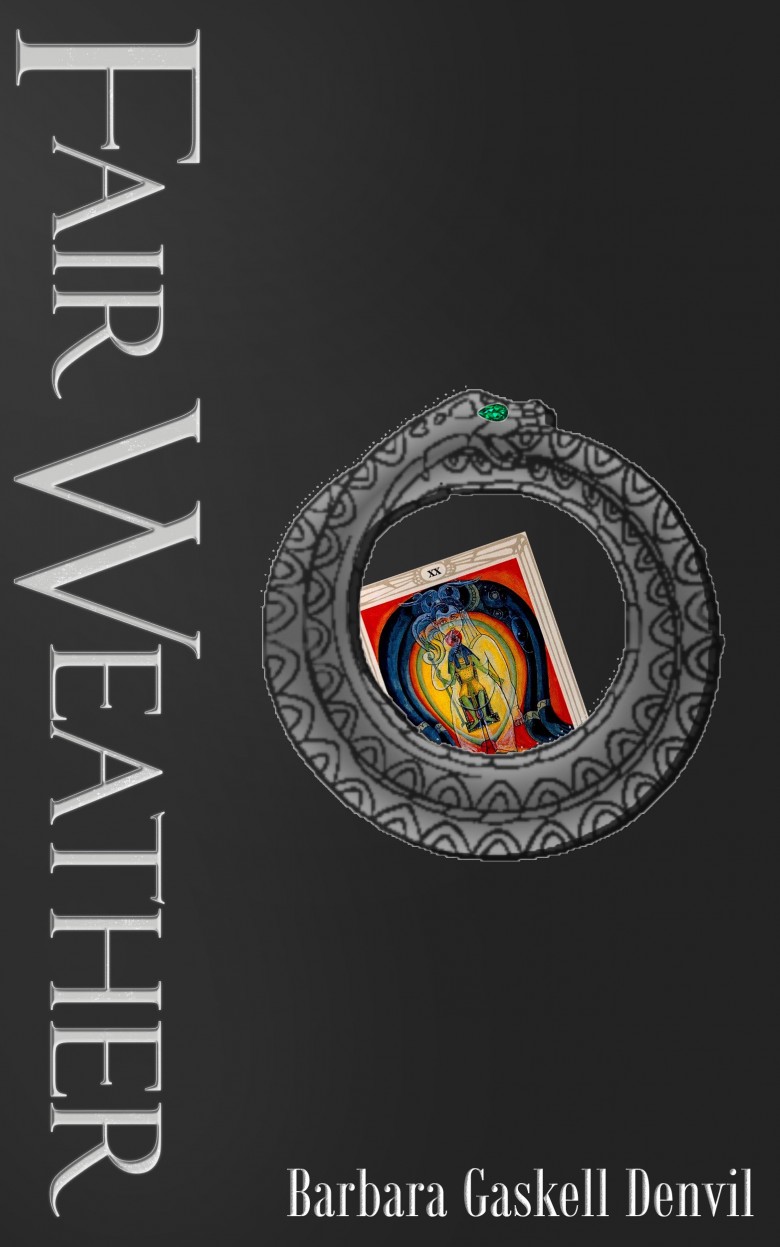
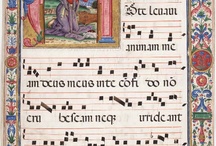
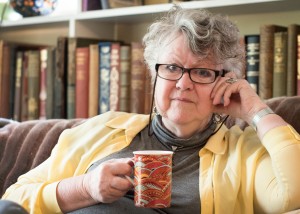
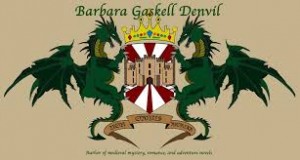
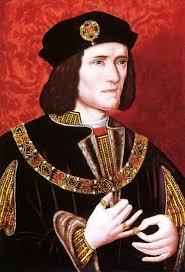


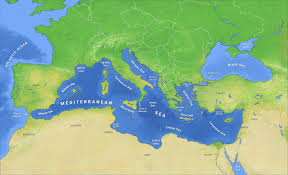
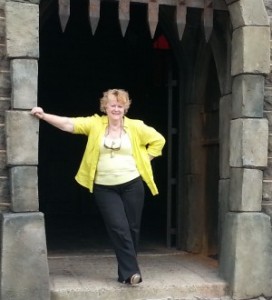
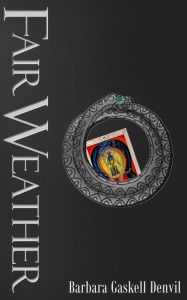
Great article Prue